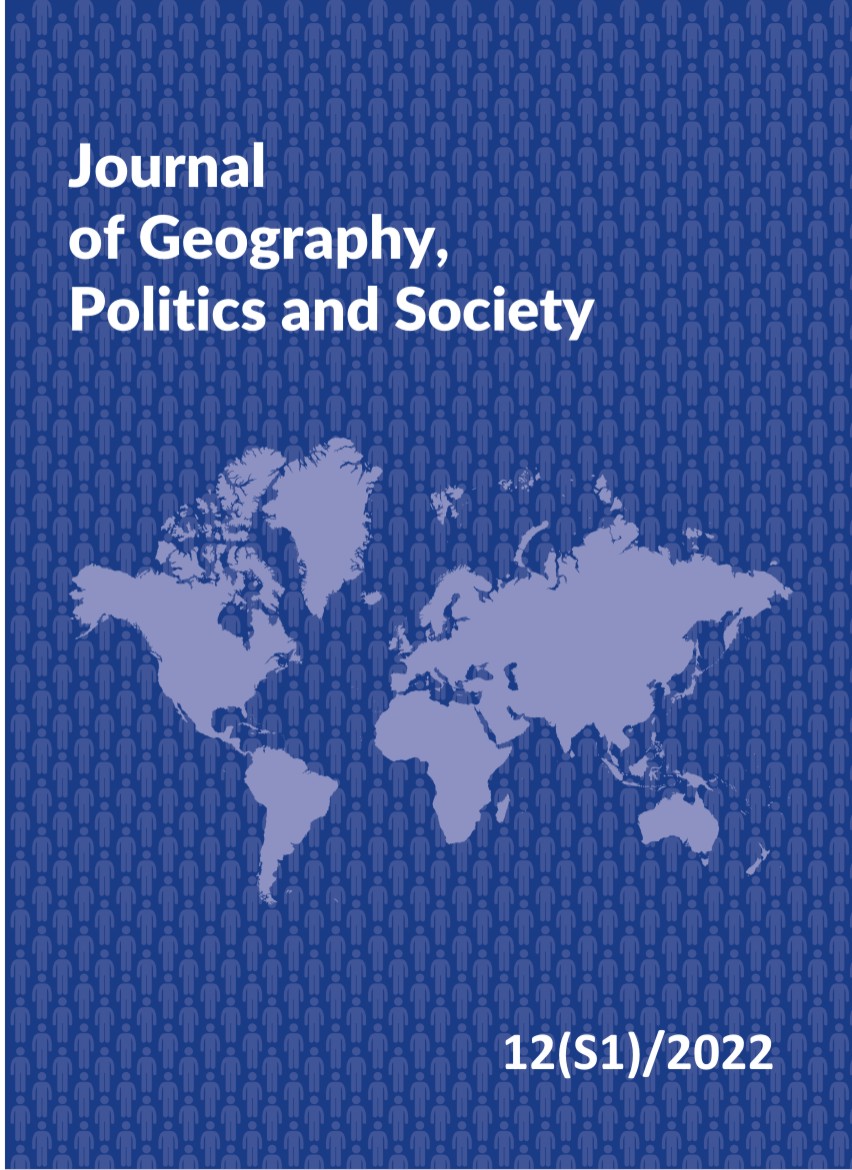Historical politics as a tool of the ideological justification of Russian neo-imperialism
Historical politics as a tool of the ideological justification of Russian neo-imperialism
Author(s): Oleksandr LytvynenkoSubject(s): Politics of History/Memory, Politics and Identity
Published by: Wydawnictwo Uniwersytetu Jagiellońskiego
Keywords: historical memory; historical politics; identity; manipulation;
Summary/Abstract: A number of modern Russian political discourse provisions which consist of tendentious interpretations of Russian and Ukrainian history and which result in frank and systematic manipulation of historical memory have been analyzed. Their goals are to justify Russia’s aggressive policy towards Ukraine to prove and legalize the right to decide the fate of the Ukrainian people and to determine the vectors of the Ukrainian foreign policy. At the same time, they are aimed at discrediting the Ukrainian government and delegitimizing Ukrainian statehood as well as ultimately distorting and leveling Ukrainian national identity. The outdated concept of Ancient Rus as the cradle of “three brotherly peoples”, i.e. Russians, Ukrainians and Belarusians, or its more archaic version about the existence of a single Russian nation, whose branches are actually Russians, Ukrainians and Belarusians, is used. A component of this concept is the idea of Russia being the direct and sole legal heir of Ancient Rus, whose historical mission was and remains the gathering of ancient Russian lands, which include the lands of Ukraine and Belarus. Accordingly, the separate existence of the Ukrainian people, and hence their right to state independence, is either denied altogether or conditionally recognized, if they maintain inseparable ties with Russia and renounce the Western vector of foreign policy. Modern Ukraine is considered by the Russian authorities and the political establishment as “anti-Russia”, which has no right to exist.Attempts to apply the tools of the historical politics of the Russian Federation. In particular, it concerns historical education and memorial practices in the Donetsk and Luhansk regions of the Donbas, where the territory temporarily is not controlled by Ukraine. These territories are also considered a model for similar measures used on temporarily occupied territories during the 2022 war.
Journal: Journal of Geography, Politics and Society
- Issue Year: 12/2022
- Issue No: S1
- Page Range: 23-33
- Page Count: 11
- Language: English

